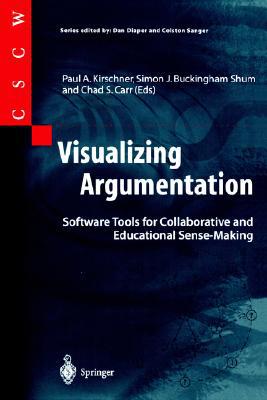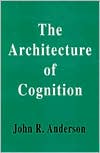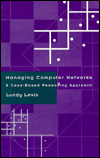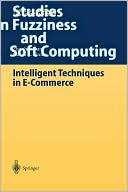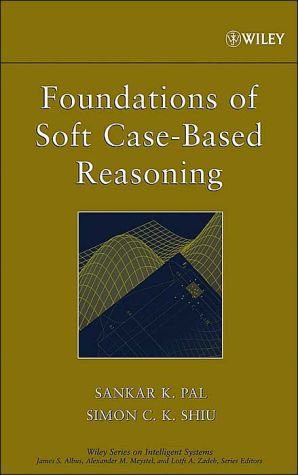Visualizing Argumentation: Software Tools for Collaborative and Educational Sense-Making
This text examines the use of collaboration technologies in the problem-solving or decision-making process. These systems are widely used in both education and in the workplace to enable virtual groups to discuss and exchange ideas on issues ranging from applied problems to theoretical debate. While some systems are text-based, the majority rely on visualization techniques to allow participants to represent their ideas in a more flexible, graphical form. The text evaluates existing systems,...
Search in google:
Computer Supported Argument Visualization is attracting attention across education, science, public policy and business. More than ever, we need sense-making tools to help negotiate understanding in the face of multi-stakeholder, ill-structured problems. In order to be effective, these tools must support human cognitive and discursive processes, and provide suitable representations, services and user interfaces. Visualizing Argumentation is written by practitioners and researchers for colleagues working in collaborative knowledge media, educational technology and organizational sense-making. It will also be of interest to theorists interested in software tools which embody different argumentation models. Particular emphasis is placed on the usability and effectiveness of tools in different contexts. Among the key features are: - Case studies covering educational, public policy, business and scientific argumentation- Expanded, regularly updated resources on the companion website:www.VisualizingArgumentation.info "The old leadership idea of "vision" has been transformed in the face of wicked problems in the new organizational landscape. In this excellent book we find a comprehensive yet practical guide for using visual methods to collaborate in the construction of shared knowledge. This book is essential for managers and leaders seeking new ways of navigating complexity and chaos in the workplace." (Charles J. Palus, Ph.D, Center for Creative Leadership, Greensboro, North Carolina, USA)
The Authors1The Roots of Computer Supported Argument Visualization3Excavating the Roots to CSAV3Mapping the History of Argument Visualization4From Prototypes to Sustained Work Practices?182A Cognitive Framework for Cooperative Problem Solving with Argument Visualization25Problem Solving, Reasoning and Argumentation27Cognitive and Communicative Demands of Collaborative Problem Solving32Representational and Communicative Features of CSAV Environments363Designing Argumentation Tools for Collaborative Learning51Argumentation and Collaboration in CMC Systems51The TC3 Environment57Results634Using Computer Supported Argument Visualization to Teach Legal Argumentation75Legal Reasoning and the Process of Argumentation75How do we Support the Development of Argumentation Skills?76A Study of CSAV in Legal Education815Enhancing Deliberation Through Computer Supported Visualization97What is Argument Visualization?97Argument Visualization Versus Prose100New Tools for Argument Visualization103Enhancing Deliberation via Argument Visualization104Argument Visualization in Critical Thinking Training1046Dialog Mapping: Reflections on an Industrial Strength Case Study117IBIS: Issue-Based Information System117Dialog Mapping122Case Study: A Decade's Deployment in a Public Utility124Introducing Dialog Mapping into a New Organization1337Fostering Collective Intelligence: Helping Groups Use Visualized Argumentation137Principles of Facilitation139Tools and Representations144Examples in Practice1508Infrastructure for Navigating Interdisciplinary Debates: Critical Decisions for Representing Argumentation165Differences Among Types of Debates165What Level of Detail?166Case Number One: Mapping Great Debates: Can Computers Think?167Case Number Two: Genetically Modified Food179Case Number Three: Consciousness Research181Conclusion: Our Vision1839Visualizing Internetworked Argumentation185Scholarly Publishing and Argumentation: Beyond Prose185What's the Problem?186The Discourse Ontology187Making Claims Required Mental Mapping191Visual Construction of Argumentative Claims192Analysis and Visualization of Claim Networks196Afterword205Index209
